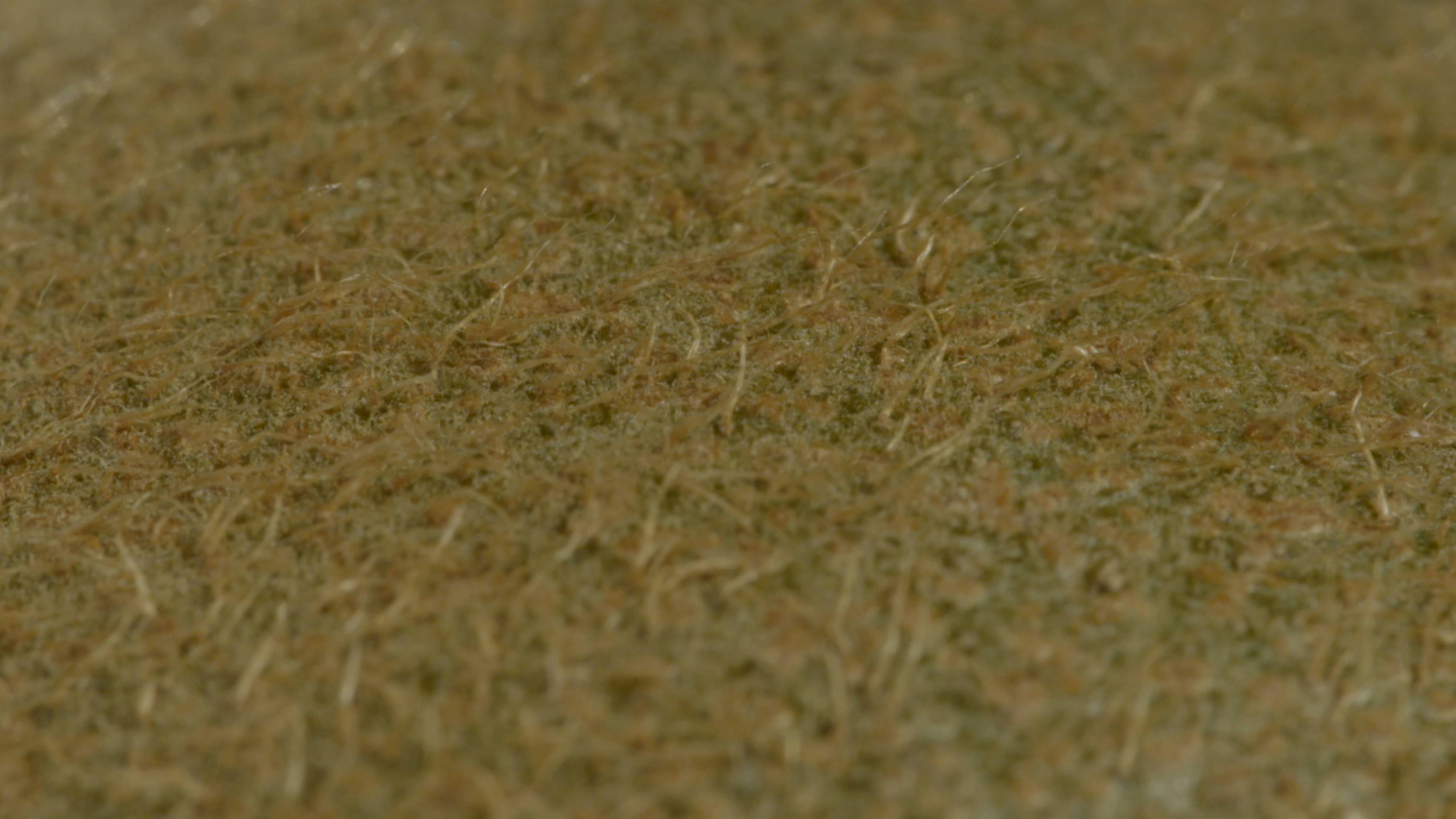Photo: Flavia Morlachetti/Getty Images
Grocery store tomatoes in the winter are sus—flavorless and watery and barely better than nothing—as are winter watermelons, strawberries, blueberries, and cantaloupes. In December and January and February, we walk past those sickly-looking, out-of-season facsimiles of summer’s best produce all the time and long for a decent piece of fruit.
But for agricultural experts in France, out-of-season fruit pointed to a case that’s now being called “kiwigate.” Recently, kiwi producers noticed a high volume of French kiwis on the market. As The Guardian reported, however, that seemed awfully suspicious: In the regions where most of the country’s kiwis grow, the season ends around March, so the supply right now should be low. When investigators looked into the unexpectedly high supply, they found a case of food fraud. About 12 percent of the kiwis labeled as French were actually kiwis from Italy being sold for a markup.
Advertisement
Kiwis are extremely popular in France: According to the Guardian, kiwis are among the country’s ten most eaten fruits, and France grows a decent amount of its own supply, too. Italy, however, produces ten times more kiwis than France—the second-highest yield of kiwis in the world, which corresponds to its cheaper prices for the crop. A Italian kiwi sells for about 57 American cents, while a French kiwi sells for 79; by labeling the Italian fruit as French, those shady kiwi producers netted an extra 23 cents per fruit. That sounds like nothing if we’re talking individual kiwis, but it allegedly affected 15,000 tons of fruit over three years and earned the scammers over 6 million dollars in profit.Indeed, the season of the scam never ends. But for seven kiwi producers taking part in sketchy labeling, the scamming might be over: France’s Directorate-General for Competition, Consumer Affairs and Fraud Control is taking legal action that could lead to fines and even prison time.Honestly, the real Kiwigate? Realizing that some people eat kiwis with the skin on. Sure, it “triples the fiber” and preserves Vitamin C—but at what cost?

